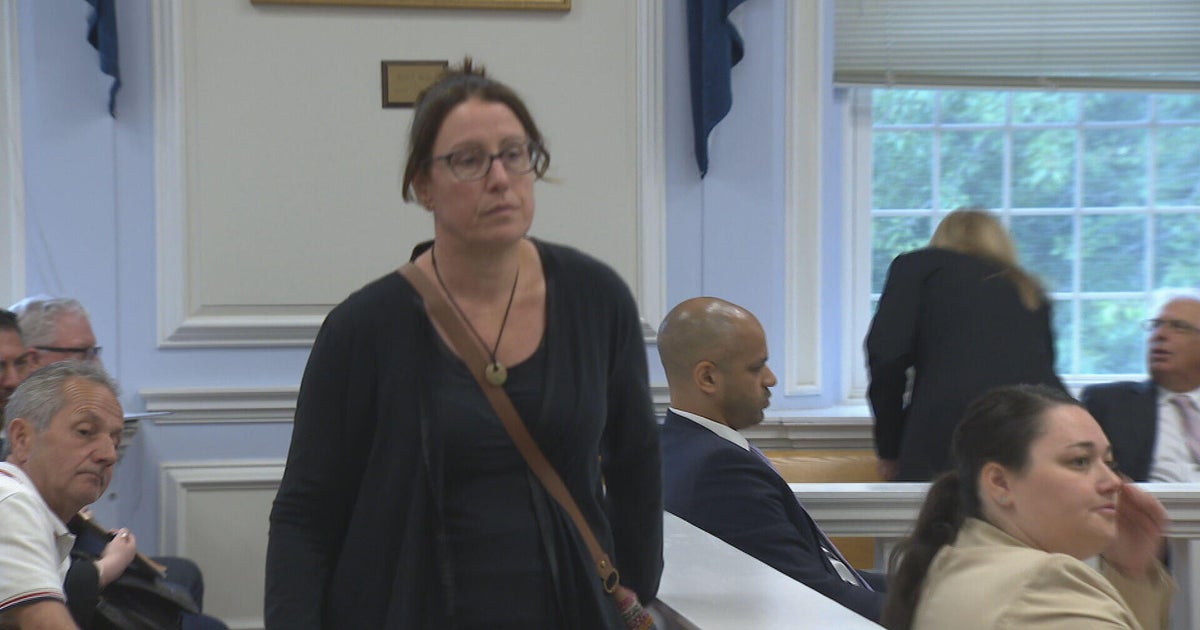10 years after landmark Supreme Court ruling, Healey calls same-sex marriage "non-issue" in Massachusetts
This week marks the 10th anniversary of the United States Supreme Court legalizing same-sex marriage nationwide.
The Supreme Court's landmark Obergefell v. Hodges decision in 2015 followed years of national wrangling during which some states moved to protect domestic partnerships or civil unions for same-sex partners and others declared that marriage could exist only between one man and one woman.
More than a decade before the Supreme Court weighed in, Massachusetts was the first state to legalize same-sex marriage in 2004.
Healey: Same-sex marriage a "non-issue"
Massachusetts Gov. Maura Healey said same-sex marriage will always be protected in the state.
Healey told WBZ-TV's Jon Keller on Thursday that the future of same-sex marriage is a "non-issue," saying there's bigger issues people are concerned about.
"Marriage is marriage, whether you're gay or not and that's the law here, it's going to continue to be that way," Healey said. "And you know what people really care about? They care about how they're going to pay their bills, can they afford a home, do they have access to jobs and economic mobility. That's what I'm focused on as governor and I will certainly make sure that we defend the rights of all to marry in our state and that people, gay and straight, that their rights, their freedoms are protected."
What is Obergefell v. Hodges?
James Obergefell and John Arthur, who lived in Ohio, married in Maryland since same-sex marriage was banned in their state by a voter-approved amendment in 2004. The couple married after Arthur was diagnosed with ALS. The legal battle began when they learned their marriage would not be listed on Arthur's death certificate.
After a court approved recognizing their marriage on Arthur's death certificate, Ohio appealed and the case eventually reached the Supreme Court.
The Obergefell v. Hodges decision argued that marriage is guaranteed under the Constitution's 14th Amendment, specifically the due process and equal protection clauses. In a 5-4 decision, the Supreme Court ruled that the right to marry is fundamental, calling it "inherent in the liberty of the person" and therefore protected by the Constitution. The ruling effectively nullified state-level bans on same-sex marriages, as well as laws declining to recognize such unions performed in other jurisdictions.
In CNN's presidential exit polls in 2004, only a quarter of Americans thought same-sex couples should be able to legally marry, with a larger percentage favoring civil unions instead. Ten years after Obergefell v. Hodges, some polls show nearly 70% approve of same-sex marriage.




